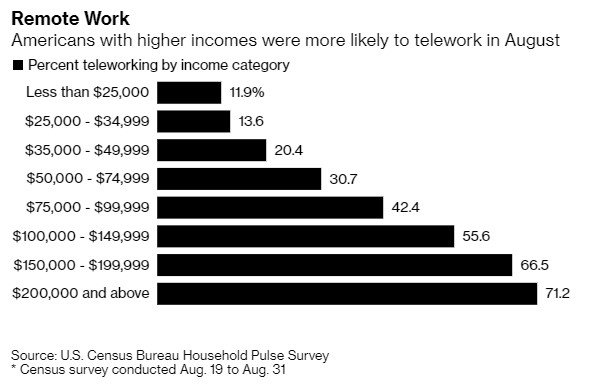nfitz
Superstar
50 MB with a registered Presto card ... and who wouldn't have one of those?lol 10MB? What is even the point?
I seldom eat through more than 50 MB of data during a transit trip, according to the Rogers bills I see. Should be able to just about anything except stream video.






